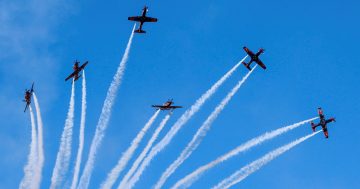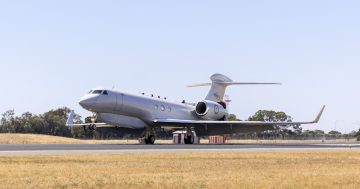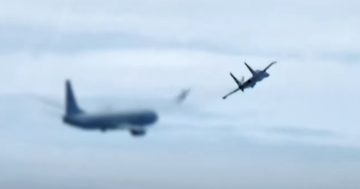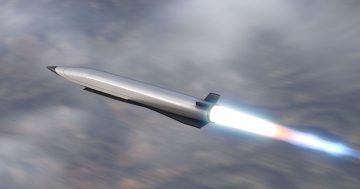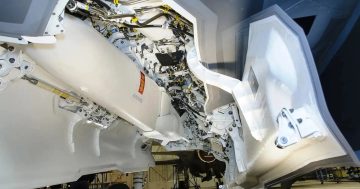 An audit of the Department of Defence’s preparations for the Joint Strike Fighter has found the Department to be effective inasmuch as it could be in view of the project’s uncertainties.
An audit of the Department of Defence’s preparations for the Joint Strike Fighter has found the Department to be effective inasmuch as it could be in view of the project’s uncertainties.
In his report, Joint Strike Fighter — Introduction into Service and Sustainment Planning, Auditor-General, Grant Hehir said preparations to date for the introduction and sustainment of the Joint Strike Fighter (JSF) aircraft into Australian service had generally been effective.
He said the JSF aircraft was expected to replace the Royal Australian Air Force’s ageing Hornet aircraft by 2023.
Mr Hehir said the audit was conducted due to the imminent arrival of the first two JSF aircraft in Australia as well as the high cost of the program.
He said it was also timely to examine the JSF’s particular acquisition and sustainment arrangements and the anticipated contribution of the aircraft to Australia’s future Defence capability.
“The Department of Defence’s preparations to date for the introduction and sustainment of the Joint Strike Fighter (JSF) aircraft into Australian service have been effective with the exception of arrangements for sustainment of JSF aircraft under the Global Support Solution,” Mr Hehir said.
“JSF sustainment cannot be fully costed until the Global Support Solution further matures.”
He said Defence had established effective strategic and project governance arrangements to date.
“Defence has not, however, provided all of the annual updates to Government that Government required in its approval of the project.”
The Auditor-General’s 46-page report can be accessed at this PS News link and the audit team was Tony Steele, Jordan Bastoni, Kim Murray, Nathaniel Loorham and Sally Ramsey.



